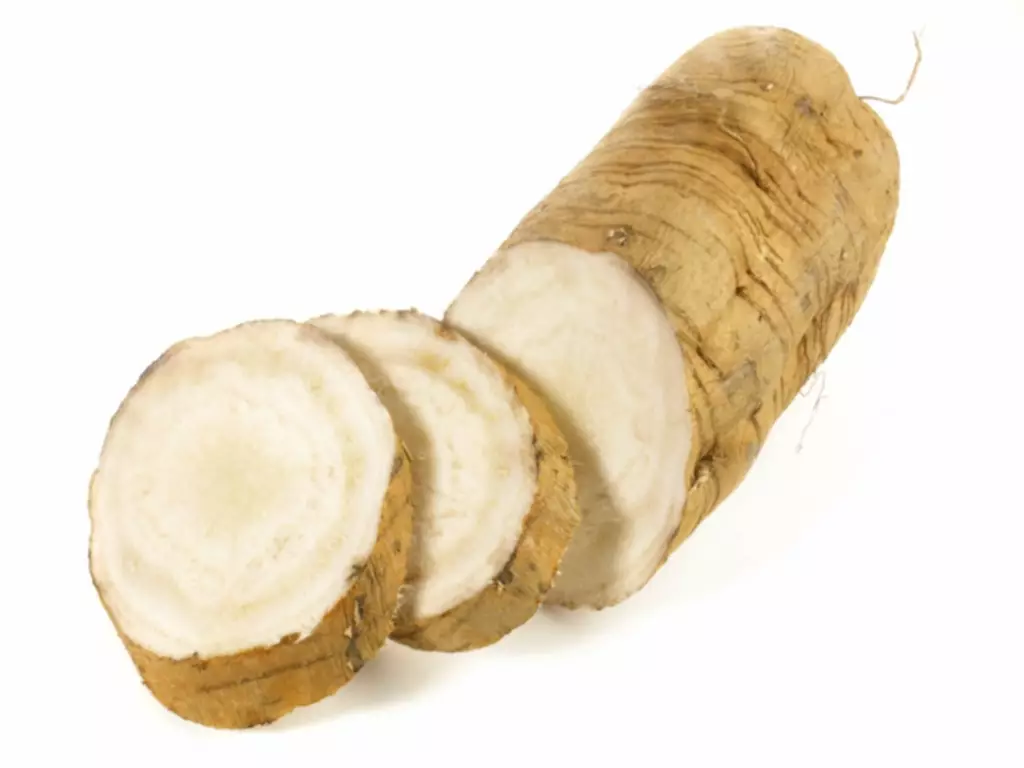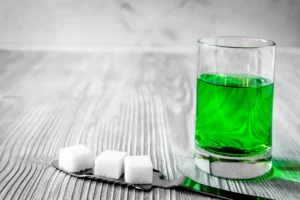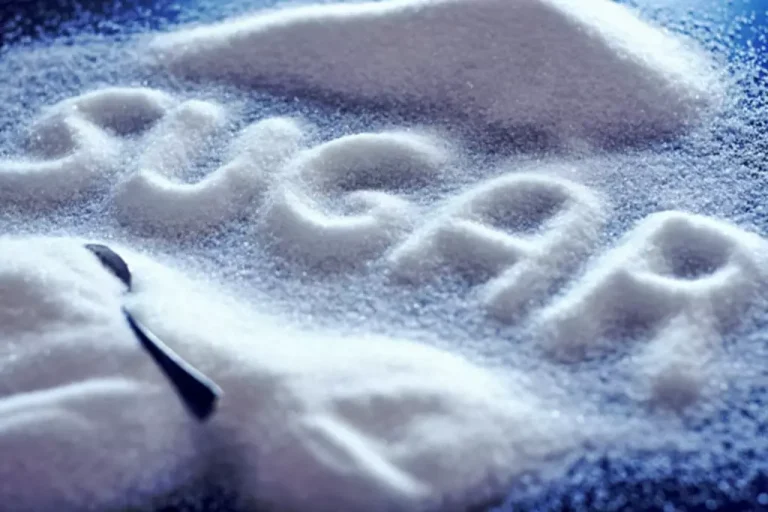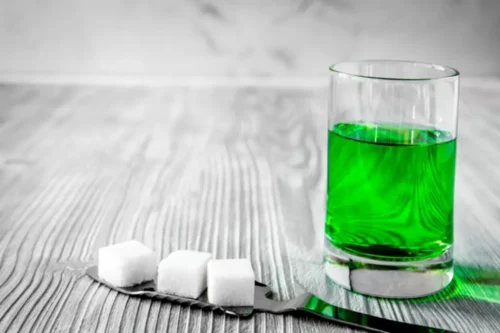
Avoiding alcohol is always the best option for those with alcohol intolerance, as the increased acetaldehyde levels increase your cancer risk. Avoiding alcohol also helps you to avoid the unpleasant symptoms that alcohol intolerance can create. When doctors diagnose alcohol intolerance, they typically use the immediate symptoms it causes.
- Finally, it could be due to low blood sugar levels, so make sure to have a snack or a meal before or after you drink to ensure that your body has the energy it needs.
- While Benadryl can help alleviate symptoms of an allergic reaction, it may not be effective for alcohol-induced reactions specifically.
- Some people genetically inherit a heightened sensitivity to certain substances, including alcohol.
- As always, if you suddenly experience any of these symptoms after drinking alcohol, you should consult with a licensed medical practitioner for a proper diagnosis.
Why do I feel sick after one drink?
One thing that cannot be avoided for certain people, however, is alcohol intolerance. If you suspect you’re lactose intolerant, you may want to visit a doctor to rule out other digestive conditions and to get confirmation of your diagnosis. Even though lactose intolerance can be uncomfortable, it’s usually not a serious condition. The symptoms of lactose intolerance are similar to other digestive issues like irritable bowel syndrome (IBS).
When to Seek Medical Advice
Regardless of the cause, the key indication is that symptoms usually appear quickly and consistently after drinking even a small amount of alcohol. Symptoms of alcohol intolerance can appear almost immediately after you begin to drink alcohol. In many cases, people notice facial flushing or nasal congestion within minutes to a half-hour of consumption. Gastrointestinal symptoms, such as nausea or vomiting, may take slightly longer, though they often still occur within an hour. Alcohol intolerance is most frequently linked to enzyme deficiencies or sensitivities to certain components in alcoholic beverages, such as histamines or sulfites.

How much alcohol does it take to get alcoholic pancreatitis?

Lactose intolerance is an inability to digest the sugar in milk, called lactose. However, research shows that excessive alcohol consumption can quickly increase inflammation in the pancreas, creating the same effect as acute or chronic pancreatitis caused by other factors. Likewise, they may ask if there’s a family history of pancreatitis or gallstones. All this information will help your doctor gain a better understanding of your symptoms. Reach out today to Alcoholics Anonymous explore your options and take the first step toward balance and clarity. People of East Asian descent often have it, and a characteristic symptom of this condition is facial flushing.

Treatment for Alcohol Addiction at The Orlando Recovery Center
- From personalized treatment plans to expert advice, we are here tohelp you navigate alcohol intolerance and improve your overall health.
- The only way to prevent these uncomfortable reactions is to avoid alcohol.
- In some cases, reactions can be triggered by an allergy to a grain such as corn, wheat, or rye or to another substance contained in alcoholic beverages.
- Alcohol intolerance is a condition that can affect individuals from various backgrounds and ethnicities.
Intolerance can take on many forms, including discrimination, exclusion, harassment, and violence. It can be active or passive and can be found in society, culture, or in individuals. It can also be manifested in the form of laws, policies, and regulations. Additionally, it could be a sign of dehydration, meaning that your body may not be fully hydrated and it needs fluids. Finally, it could be due to low blood sugar levels, so make sure to have a snack or a meal before or after you drink to ensure that your body has the energy it needs. It is widely known and understood that over consumption of alcohol is generally bad for your health.
Why am I intolerant to alcohol all of a sudden?
- This phenomenon, often referred to as sudden onset alcohol intolerance, can bring up questions about health, underlying conditions and next steps.
- For example, if you frequently drink the same number of alcoholic beverages over a period of time, you may develop a functional tolerance to alcohol.
- The signs and symptoms depend on how much alcohol has been drunk and on individual tolerances.
- Sudden alcohol intolerance refers to when you have previously consumed alcohol without any issues but all of a sudden begin to experience adverse reactions after drinking.
Treatment for long COVID, including symptoms like alcohol intolerance, typically involves a multidisciplinary approach aimed at managing specific symptoms and improving overall well-being. The best-known condition to cause alcohol intolerance is Hodgkin’s lymphoma; however, other conditions may also cause it. Alcohol intolerance is still normally uncommon in people with these types of conditions. The acetaldehyde that builds up and causes alcohol intolerance is a major contributing factor in hangovers. While alcohol intolerance symptoms hangovers are often not exclusively due to high acetaldehyde levels, they play a large role.
Physicians typically use a range of testing protocols to diagnose alcoholic pancreatitis. If any of these symptoms occur after ingesting alcohol, seek help immediately. Intolerance can have a significant negative impact on individuals and communities, contributing to feelings of alienation and anger, as well as potentially leading to violence, conflict, and instability.
If you’ve changed your lifestyle and surroundings, the types and amounts https://ecosoberhouse.com/ of alcohol you consume may be different. Different alcohols are metabolized differently, and different surroundings can also affect the way you drink and the amount you may consume. Even small amounts of alcohol can lead to liver damage, so it is important to drink alcohol in moderation and not to abuse it. Making sure to take in enough nutritional foods and get plenty of rest is also important.


.jpeg)
.jpeg)




